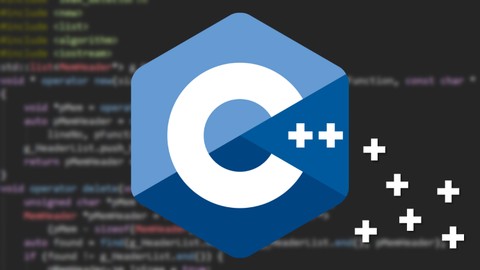Description
C++ is a large and complex language, but it gives programmers complete freedom when it comes to management of dynamic memory. This allows the programmers to allocate memory and manipulate it at runtime. That is why C++ is still a favorite language for high performance applications in various domains such as gaming, telecom, finance, aerospace, etc.
However, it requires programmers to take great care while using dynamic memory, such as releasing acquired memory, taking care not to overstep memory boundary, etc. Otherwise, it could lead to problems such as dangling pointers, memory corruption, memory leaks, etc.
This course will help you overcome all these problem by leveraging the excellent features that Visual Studio provides. It has a rich set of functions provided by the C/C++ runtime heap library. These functions can help detect memory leaks, overflows, etc. You’ll learn how to use these functions effectively and make your programs bug-free.
In this course, you’ll start with the basics of heap memory management and understand C & C++ allocation functions/operators in depth. You’ll also learn how to effectively use them to avoid memory problems. Afterwards, you’ll learn about the Visual Studio heap library functions and understand how to use them in your code.
By the end of this course, you’ll have a deep understanding of dynamic memory management. You’ll be able to use CRT heap functions effectively to detect & isolate memory problems. You’ll also implement the Visual Studio functions so that they can be used with any C++ compiler.

